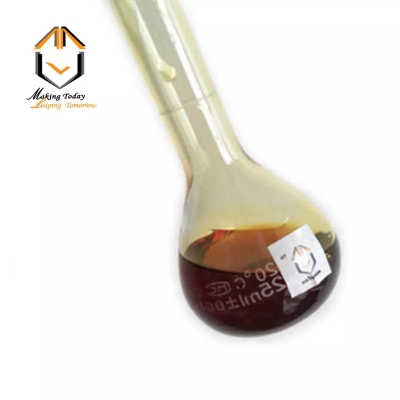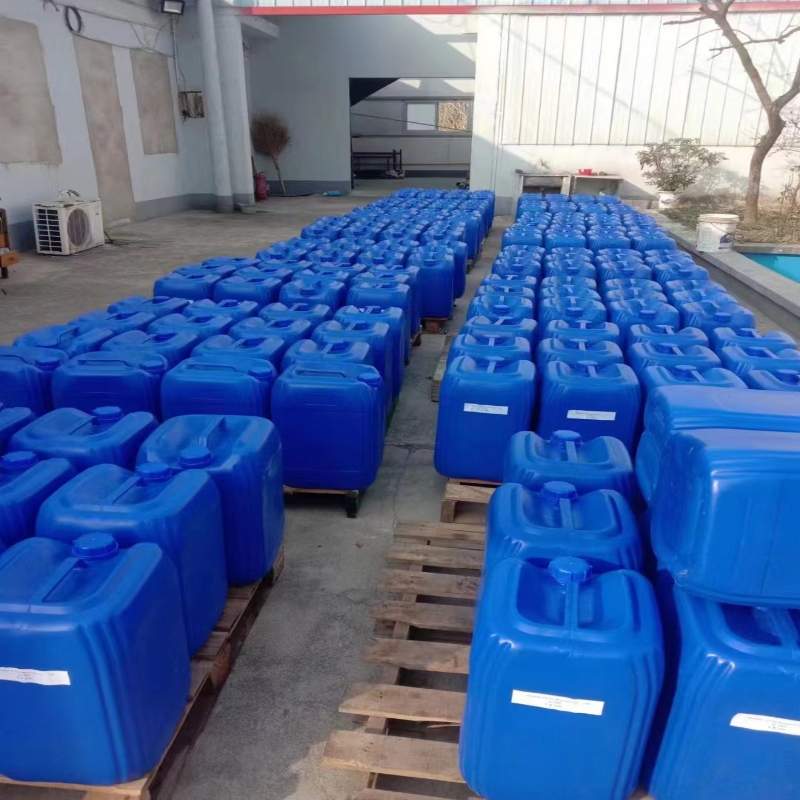-
Categories
-
Pharmaceutical Intermediates
-
Active Pharmaceutical Ingredients
-
Food Additives
- Industrial Coatings
- Agrochemicals
- Dyes and Pigments
- Surfactant
- Flavors and Fragrances
- Chemical Reagents
- Catalyst and Auxiliary
- Natural Products
- Inorganic Chemistry
-
Organic Chemistry
-
Biochemical Engineering
- Analytical Chemistry
-
Cosmetic Ingredient
- Water Treatment Chemical
-
Pharmaceutical Intermediates
Promotion
ECHEMI Mall
Wholesale
Weekly Price
Exhibition
News
-
Trade Service
On Monday (February 28, Brent crude oil opened more than 5% in Asia at $103.
89 / barrel; WTI crude oil rose above $100 per barrel again, up more than 7%
on the day.
At least 10 Russian oil traders expect massive export disruptions
starting Monday.
OPEC appears to be in no hurry to increase production; OPEC representatives said the high volatility of oil prices underscores that concerns and speculation are driving prices, not fundamentals
.
Earlier, oil prices surged to $100 a barrel last week for the first time since 2014, according to several OPEC representatives, mainly due to geopolitically-induced price anomalies that do not reflect supply-demand imbalances
.
They said OPEC should continue to insist on adding 400,000 b/d
to the market every month.
The officials said OPEC+ could stick to its plan
to gradually increase oil production at this week's meeting, even after oil prices spiked due to the Russia-Ukraine conflict.
OPEC+ will meet on Wednesday to decide on production targets
for April.
Last Thursday, after the comprehensive escalation of the situation in Russia and Ukraine, the price of Brent crude oil futures soared above $105 per barrel
.
Biden said the United States is working with major oil consumers to coordinate the release of strategic petroleum reserves, while continuing to exempt Russia's energy supplies from sanctions
.
Brent crude futures closed up 4.
7% last week at $97.
93 a barrel; WTI crude futures, the main benchmark U.
S.
crude price, rose 0.
6 percent to $91.
59 a barrel
.
In recent months, OPEC members have faced pressure from major oil importers such as the United States, which have demanded that OPEC increase production faster to reduce fuel costs
.
U.
S.
gasoline prices have soared to nearly $4 per gallon, putting significant pressure
on US President Joe Biden ahead of the November midterm elections.
However, Saudi Arabia, the world's largest oil exporter, has so far rejected those calls, saying it is only committed to the OPEC+ deal
.
Some officials say Saudi Arabia is unlikely to unilaterally decide to raise output beyond its quota; The move could create discord with Russia and could lead to the disintegration
of the OPEC+ alliance.
Saudi Arabia and its neighbor UAE are among the
few OPEC members with large spare capacity.
Most other countries are struggling to meet existing agreement quotas
.
This month, the International Energy Agency, which advises rich countries, said OPEC+ was producing nearly 1 million barrels
per day below its target.







